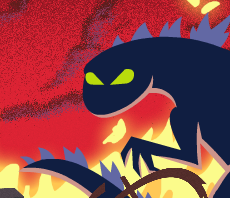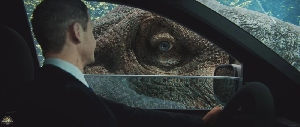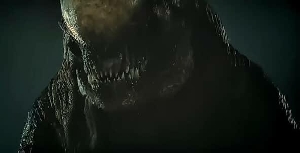Paleontologists Discover Fossilized Dinosaur Blood!
Dinosaurs Forum Topic

Svanya
AdminAllosaurusJun 9, 20152697 Views11 RepliesA team of British paleontologists have found fossilized dinosaur blood for the first time, in a 75-million-year-old specimen.
Popularmechanics: Paleontologists Discover Fossilized Dinosaur Blood

Bishop is Bae <3
Replies to Paleontologists Discover Fossilized Dinosaur Blood!
Hey Guest, want to add your say?
Are you an avid Jurassic World fan looking for a dedicated online community of likeminded fans? Look no further! Create your own profile today and take part in our forums and gain XP points for all the content you post!














